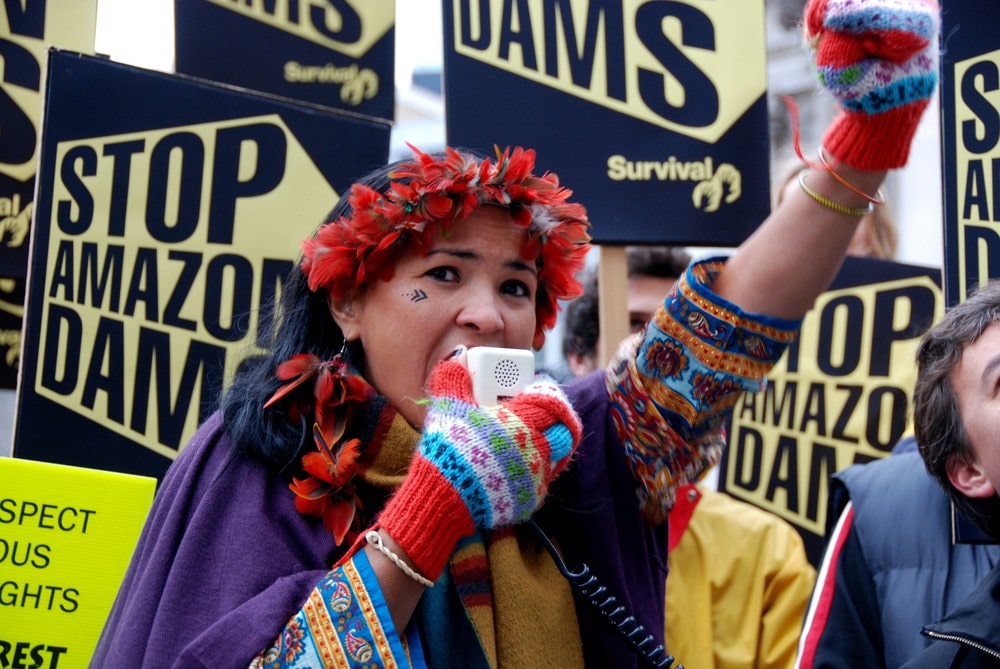- About
- Topics
- Picks
- Audio
- Story
- In-Depth
- Opinion
- News
- Donate
-
Signup for our newsletterOur Editors' Best Picks.Send
Read, Debate: Engage.
| February 27, 2019 | |
|---|---|
| topic: | Economic Fairness |
| tags: | #Africa, #intellectual property, #piracy, #Patent, #copyright |
| by: | Bob Koigi |
And although De Wolfe Music Company, the company at the heart of the storm, came out to clear the air insisting that it didn’t have the rights to Kenya’s national anthem and had only posted the sound recording of the anthem on Youtube, the event has brought to light a litany of patent disputes pitting Africans against multinationals and individuals.
Just last year, global mass media and entertainment behemoth Walt Disney sparked controversy by adopting and making a legal claim to a famous Swahili phrase to be used in the remake of the Lion King animated film expected to be released later this year.
The entertainment company initially used Hakuna Matata, a phrase used across East Africa meaning ‘no worries’, in its original Lion King animation in 1994. The tagline came to the fore in 1982 when a Kenyan band dubbed Mushroom popularised it through their record-breaking single Jambo Bwana, ‘How are you Sir.’
Disney received a US trademark for the phrase in 2003. Now debate has been ignited on the fortunes the phrase continues to bring to the company despite the East Africans, the initial owners of the phrase earning nothing. An online petition on change.org website was launched to get Disney to reverse the trademark with the advocates of the petition comparing the trademark of the phrase to ‘colonialism and robbery.’ The petition has so far attracted over 185,000 signatures.
And while opinion is still divided over what exactly constitutes theft of intellectual property in phrases, the rich culture of Africa still remains susceptible to copyright infringement in what industry players attribute to poor legislative framework. “At a time when culture and a people’s way of life are fast being eroded by globalisation, the majority of African communities have managed to keep theirs intact. These cultures are so rich and diverse and attract global attention. However African institutions haven’t given all this rich biodiversity some serious thought in terms of protecting them through patents. So as things stand they are open to piracy and theft and there is nothing much legally that can be done,” said Isaac Kilasa an intellectual property lawyer.
The theft of intellectual property in Africa has spanned artefacts, language, local knowledge and fabric among others.
The Maasai Shuka, an iconic cotton fabric that has been the attire of choice for the pastoralist community in Kenya and Tanzania that has a population of over 2 million, has always caught global fashion designers’ attention who have incorporated them in their work.
Scenes of the Maasai fabric featuring in major blockbuster movies have also become commonplace. Yet the Maasai community claims it hasn’t benefitted from the millions in dollars these entities mint from adopting their way of life which include the unique beadwork, and an array of art and craft that can be weaved on anything.
By copying the embed code below, you agree to adhere to our republishing guidelines.
